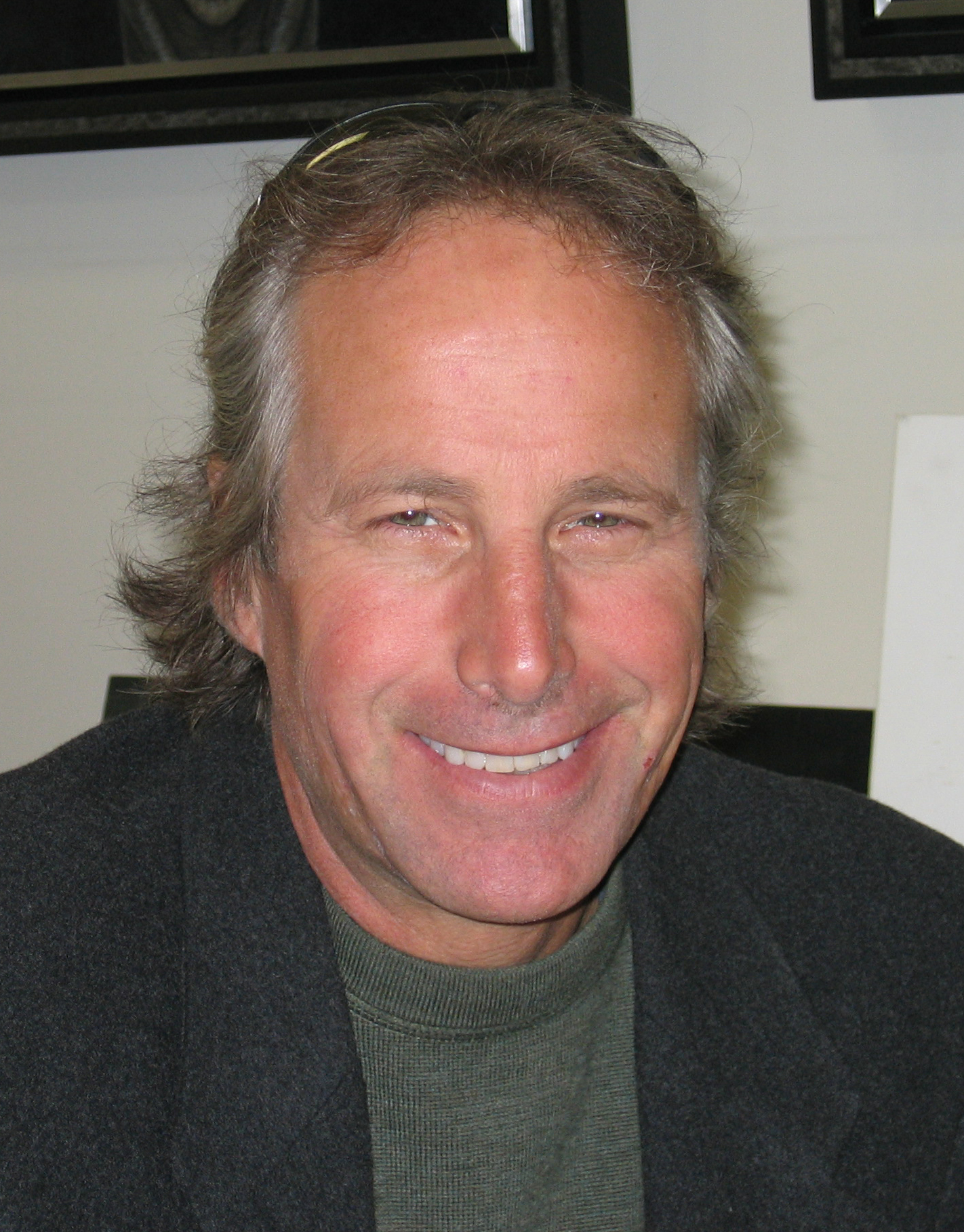Some information may be outdated.
After reading Lynn Jackson’s March 27 My View column in the Times-Independent, my mind drifted back to 2009 when I was enrolled in an online course on how to make my community, Grand County, resilient to climate change
In “Preparing for Climate Change, A Guidebook for Local, Regional, and State Government,” Ron Sims, King County Executive (Seattle, Wash.), wrote the introduction and speaks directly to the responsibility of all public officials during a time of climate change:
“… [A]s public leaders and public servants who have assumed the responsibility for the health, safety, and welfare of our citizens, we have a professional and moral obligation to prepare our communities for climate change…”
“Even as I write these words, there are still many people who are reluctant to talk about specific adaptation or preparedness policies. But as responsible public leaders, we cannot afford the luxury of not preparing. . . . We must prepare for the impacts underway while we work to avoid even worse future effects.”
In contrast, let us return to that County Council meeting and the letter to Uintah County “Regarding Interest in Participating in Studies to Address Feasibility of an Enhanced Transportation Corridor in Sego Canyon.” This is the official re-emergence of the infamous and highly divisive Book Cliffs Highway that was first proposed in 1989. Our Council Chair describes the Sego Canyon Enhanced Transportation Corridor as a shorter, more economic, route to get the hydrocarbons of the Uintah Basin to market [and Earth’s atmosphere]. This does not qualify as working to avoid worse effects from change.
Jackson repeatedly reminded the audience that this was “only” a letter to see if Grand and Uintah Counties are interested in working together to explore if such a transportation corridor is feasible and, if so, what the economic impacts to the county will be. This appears at best disingenuous. It is hard to visualize either Grand County turning down Uintah County after funding a half million-dollar study, or to meaningfully participate in Jackson’s process moving forward.
“I’m going to remind everybody that we have an expectation of complete decorum and professionalism while conducting this meeting.” Jackson said after he acknowledged it was still a minute and a half before the scheduled meeting time, but opened it anyway. When introducing Item N, he less-than-professionally lectured those in attendance that “… before people in Grand County, I’m going to be rough around the edges. Before people get their shorts too bunched up about this, that’s pretty coarse language, we are just talking about a study, okay. No decisions are being made here…”
Between the unanimous council vote to support sending the feasibility study letter to Uintah County, Jackson’s arrogant and insulting remarks to his constituents, and the news later in the week that Manuel Torres is again running for County Council, it is hard not to see the Sego Canyon version of the Book Cliffs Highway as alive and well. For those who were not around in 1993, Manuel Torres was removed from office by the ballot initiative which changed the county’s form of government to a non-partisan, seven-member council. That initiative was prompted by the support of Torres and David Knutson for the first effort to build the Book Cliffs Highway.
Sims recognizes that climate change offers the opportunity to say no to schemes such as a Book Cliffs Highway which would tear through our heritage of wildlands, archeology, and scenery in order to speed an endless stream of tankers loaded with global warming fuels to a refinery in Green River, thence to further cook us in our global greenhouse. Sims writes:
“. . . to change behavior and move beyond fossil fuels, climate change is also the greatest opportunity our society and world has ever faced. If we do what it takes to reduce greenhouse gas pollution to safe levels and prepare for the impacts that we see are underway, we will transform the economic foundation of modern civilization and can seize the opportunity to realize better health, social justice, and sustainable economic development throughout the world. We have the choice to act, and we must.”
Climate change is real and will devastate the Colorado Plateau and world. We deserve a County Council and chairman who, instead of denigrating Grand County citizens who are looking to reduce global warming, takes to heart the words of Supreme Court Justice Oliver Wendell Homes:
“A hundred years after we are gone and forgotten, those who never heard of us will be living with the results of our actions.”
If the current County Council is actively seeking ways to make money by facilitating destruction of the Book Cliffs and heating of our atmosphere, then it is probably time to rethink whether we have the County Council we need.
Appreciate the coverage? Help keep local news alive.
Chip in to support the Moab Sun News.



